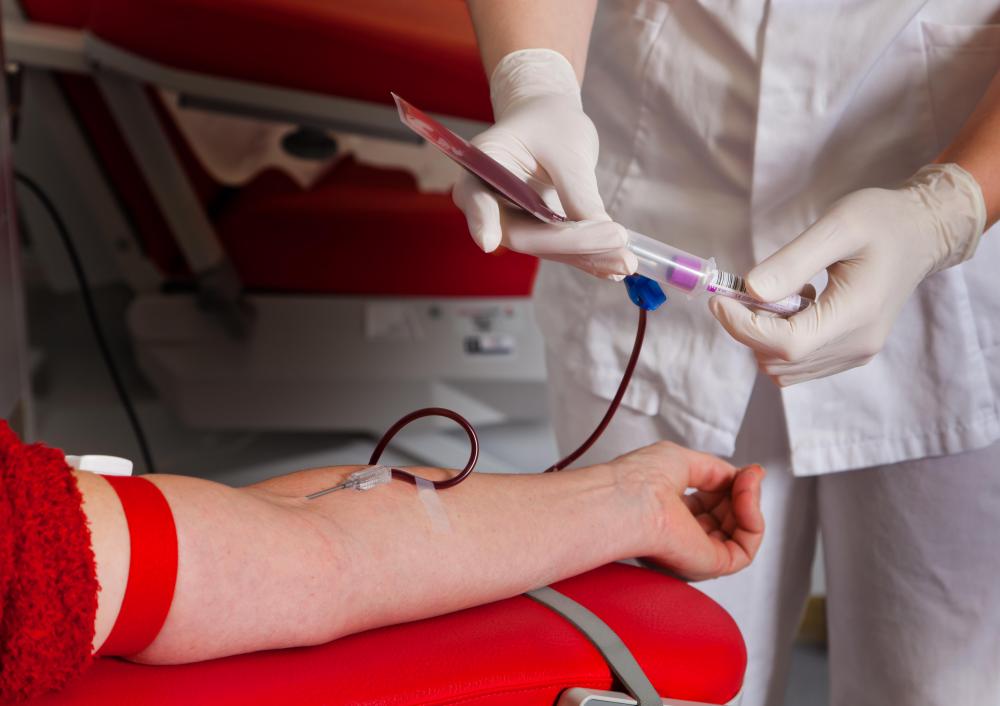At WiseGEEK, we're committed to delivering accurate, trustworthy information. Our expert-authored content is rigorously fact-checked and sourced from credible authorities. Discover how we uphold the highest standards in providing you with reliable knowledge.
How Effective Is Ciprofloxacin for Gonorrhea?
Using ciprofloxacin for gonorrhea is an effective method of treating this sexually transmitted disease. This drug is one of the medications classified as fluoroquinolones and is used to treat bacterial infections, such as gonorrhea. Other uses of ciprofloxacin include as a preventive measure for anyone who has been exposed to anthrax.
Before prescribing ciprofloxacin for gonorrhea, a physician will need to conduct a physical exam and a test to determine whether the symptoms the patient is complaining of are caused by this type of infection. A urine test can be used to diagnose this disease and it is a non-invasive way to determine whether a gonorrhea infection is present. Another way of testing for this disease is to collect a sample of bodily fluid from the affected area, which can include the throat, cervix or urethra.

Some doctors will write a prescription for an antibiotic before waiting for confirmation of the type of infection. Since using ciprofloxacin for gonorrhea is an accepted option for treating this disease, this is a reasonable course of action in situations where this type of STD is suspected. Ciprofloxacin is also used to treat urinary tract infections, which can cause pain and discomfort when urinating.

When making a decision about prescribing medication, the doctor must make a determination about whether the potential risks outweigh the benefits, and choosing ciprofloxacin for gonorrhea is no exception. Patients who are being prescribed this medication need to know that it can cause stomach upsets, including nausea, vomiting and heartburn. The drug can also cause more serious side effects, which include but are not limited to flu-like symptoms, tingling in the face or extremities, and suicidal thoughts.

People who have been prescribed a medication like ciprofloxacin should take it as directed. The medication should be continued even if the symptoms resolve before the course of treatment has been completed. If the symptoms get worse after starting to take ciprofloxacin, the patient should consult a physician to determine whether another medication should be used or the symptoms are caused by something other than this type of sexually-transmitted disease.
AS FEATURED ON:
AS FEATURED ON:















Discuss this Article
Post your comments